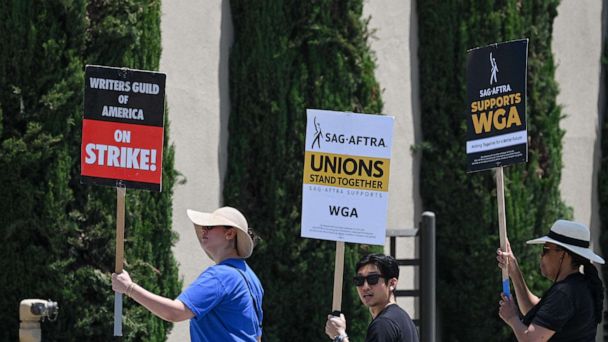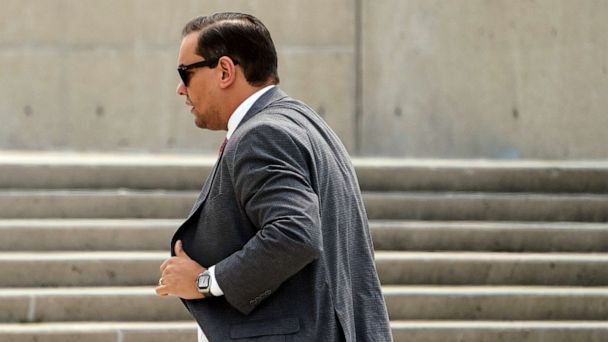
Behind the stellar commercial launch of Amylyx Pharmaceuticals’ treatment for ALS lies an uncomfortable question: Does early success of the drug, called Relyvrio, make it more complicated, perhaps impossible, to pull it from the market if we find out next year that it doesn’t work?
On Monday night, Amylyx said Relyvrio sales totaled $22 million in 2022 — a period that covers slightly more than one calendar quarter given the drug’s U.S. approval last September. The company said approximately 1,300 ALS patients were on Relyvrio at the end of December, and it expects that number to at least double by the end of the first quarter.
advertisement
“We’re probably going to double, closer to triple, our revenue in Q1,” said James Frates, Amylyx’s chief financial officer, speaking on Monday night’s conference call.

Unlock this article by subscribing to STAT+ and enjoy your first 30 days free!
GET STARTED Log In












